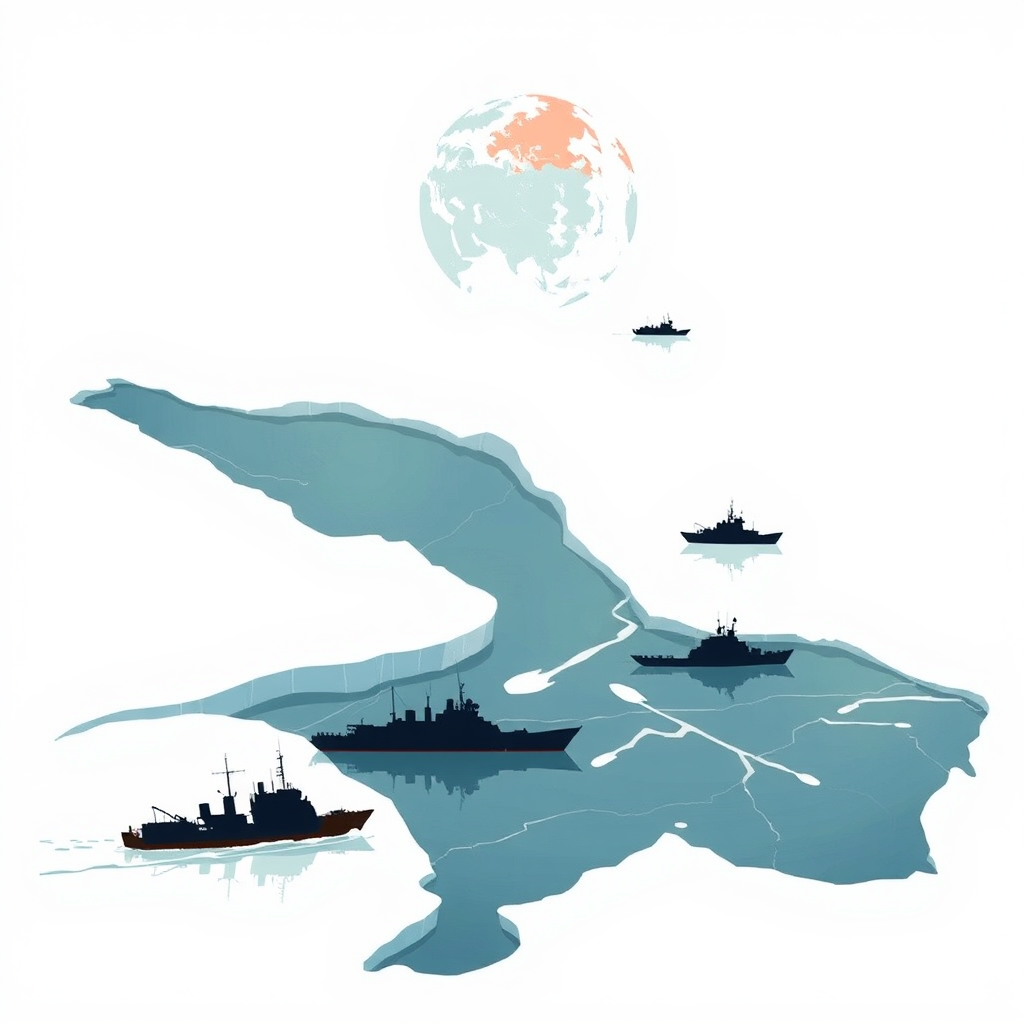Melting Arctic Ice Fuels Russia-China Conflict Fears

The rapidly melting Arctic ice is fueling a growing geopolitical competition between Russia, China, and the United States, raising concerns about potential conflict. Experts warn the increased accessibility of the Arctic – due to diminishing ice cover and opening shipping lanes – is escalating tensions in the region.
Joshua Tallis, a Senior Research Scientist at the Center for Naval Analyses, notes a significant increase in the likelihood of Arctic conflict over the past five years. He suggests the risk isn’t necessarily originating within the Arctic itself, but rather the potential for conflicts elsewhere – specifically mentioning the Baltic and Black Seas – to expand northward. This interconnectedness of global hotspots adds a dangerous layer to the already complex situation.
The opening of Arctic navigation routes presents both economic opportunities and strategic vulnerabilities. Russia and China are actively strengthening their presence in the region, investing in infrastructure and military capabilities. This has prompted increased scrutiny and counter-measures from the United States, leading to a delicate balance – and a rising risk of miscalculation.
While economic cooperation in the Arctic is still possible, the underlying geopolitical competition is undeniable. The melting ice isn’t simply an environmental issue; it’s a catalyst for strategic rivalry, demanding careful diplomacy and a commitment to de-escalation to prevent the Arctic from becoming a new front in great power competition. The situation highlights the urgent need for international cooperation to manage the consequences of climate change and prevent further instability in this increasingly vital region.